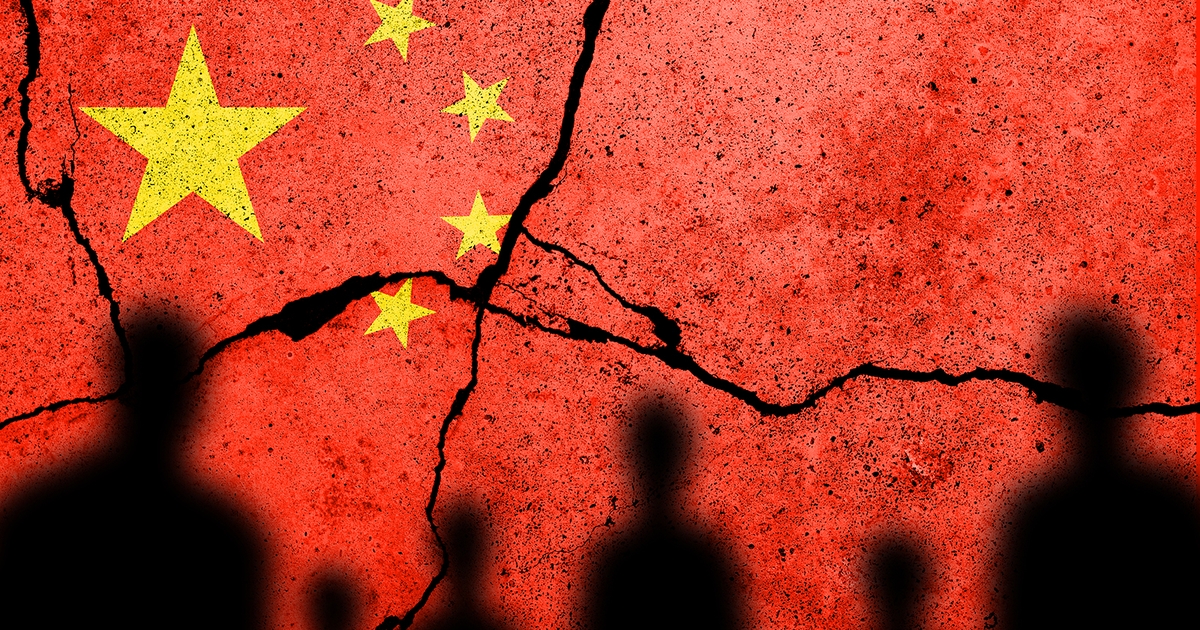
BASF Pulls Out of Chinese JVs Over Uyghur Abuse Claims

BASF has started divesting its shares in two joint venture companies in Korla, China, because its partner “appears to be implicated in gross abuses” of Uyghurs, report Seeking Alpha and multiple media outlets. The joint ventures are located in the Xinjiang region in northwest China, which is home to many ethnic minority groups and notably the Uyghurs, which the Chinese government accuses of being separatists and even terrorists or terrorist sympathizers.
As reported by the Guardian, a group of politicians from around the world sent a letter to BASF Chair Martin Brudermüller on Monday, Feb. 5, following a joint investigation by German media outlets Der Spiegel and ZDF published on Feb. 2. “The investigation found that in 2018 and 2019 people employed by BASF’s Chinese partner company, Xinjiang Markor Chemical Industry, in Xinjiang accompanied Chinese state officials on home visits to Uyghur households, as part of a government initiative that human rights groups have said is used to spy on people and indoctrinate them,” reported the Guardian.
BASF said in a press release published on Feb. 9 on its website that regular due diligence measures did not find any evidence of human rights violations in the two Korla-based joint ventures, BASF Markor Chemical Manufacturing (Xinjiang) Co. and Markor Meiou Chemical (Xinjiang) Co. Ltd. “Nonetheless, recently published reports related to the joint venture partner contain serious allegations that indicate activities inconsistent with BASF’s values. Consequently, BASF will accelerate the ongoing process to divest its shares in the two joint ventures in Korla, subject to negotiations and required approvals of the relevant authorities,” BASF said in the release.
The chemicals giant also stressed that it has no indication that employees of the two joint ventures were involved in human rights violations, adding that the most recent reports relate to BASF’s joint venture partner, Xinjiang Markor Chemical Industry, in which it does not have a stake.
The Guardian reported that BASF runs two chemical factories in Xinjiang, launched in collaboration with Xinjiang Markor Chemical Industry in 2016. One factory makes butanediol, a chemical used in plastics and sportswear. The other makes PolyTHF, a material used to make elastic Spandex fibers.
In its press release, BASF noted that it began the divestment process in the two joint ventures in the fourth quarter of 2023 for business reasons. 1,4-butanediol (BDO) value chains are characterized by increased competitive pressure and global overcapacity, it said. Moreover, the carbon footprint of carbide-based BDO and polytetrahydrofuran produced in Korla is exceptionally high because coal is used as a base raw material and the production process consumes a significant amount of energy, BASF said.
Its presence in China remains otherwise unchanged, BASF added, noting that China accounts for around half of global chemical production and will account for around 80% of total growth in chemical production through 2030.

Leave a Reply